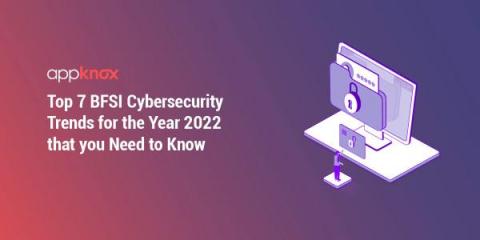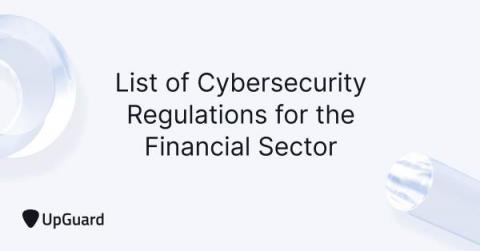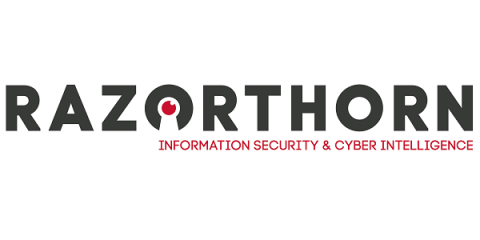Top 7 BFSI Cybersecurity Trends for 2022 that you Need to Know
BFSI (Banking, Financial Service and Insurance) organizations have remained a primary target of cybercriminals over the last several years. Given the amount of sensitive data that the BFSI sector has to deal with, they become an obvious goldmine for hackers and that is why they have to prioritise cybersecurity above all else. As a matter of fact, more than 70% of fintech companies cited information security as their top concern in the Sixth Annual Bank Survey.








